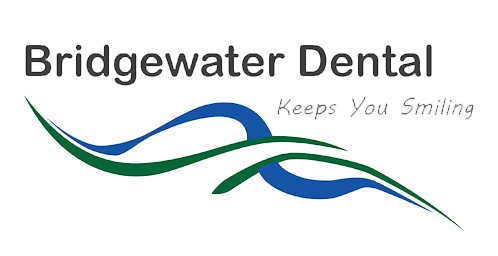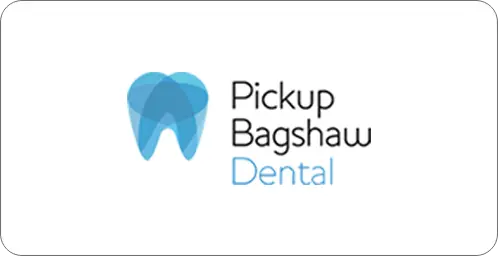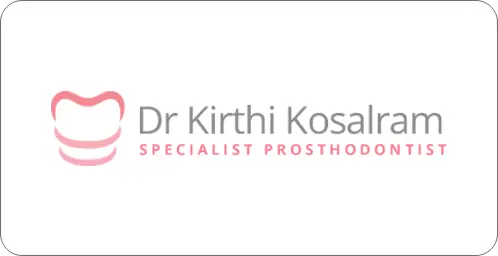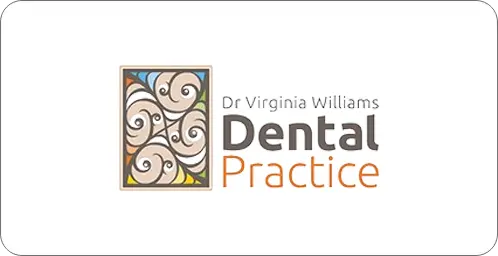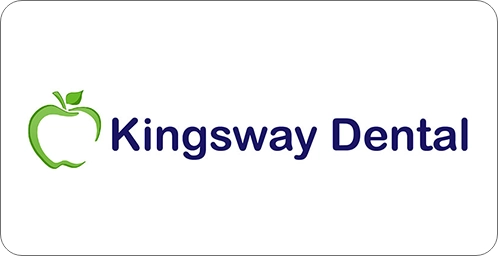Services offered
Most dentists will be able to undertake the following services:

Oral examination
Your dentist is looking for decay, jaw alignment issues, and even oral cancer

Teeth cleaning
No one can clean your teeth better than a dentist

Fillings
If you have a cavity (a hole) in your tooth, it will get worse if it’s not filled

Fluoride treatment
Becoming increasingly common, a dentist can give your teeth a fluoride treatment for a bit of extra protection from decay

Extractions
When you need a tooth removed, most dentists have no problem with simple extractions. Wisdom teeth, however, may require referral to a more experienced dentist or a specialist

Whitening
Using a safe form of bleach on your teeth, your dentist can give you a whiter, brighter smile

Veneers
Like a veneer on a piece of furniture, a dental veneer is simply a thin covering over the top of an existing tooth
The following dental services are more specialised and may in part/in full be offered by some dental practices or referred to the appropriate dental specialist
Dental crowns
Also known as a cap, onlay, or inlay, a dental crown is like a helmet on the top of your tooth and is used for when you’ve damaged the upper part of your tooth and need to restore its shape and functionality. Many dental crowns can be done by general dentists without referral to a specialist prosthodontist
Implants
If you have a broken or missing tooth, the dentist may recommend that you get an implant, which is a metal screw that is screwed into the bone. Once the implant has set (the bone actually grows around the implant), the dentist places a crown on top to complete the process. General dentists may undertake some or all of the implant process or refer you to a specialist such as a periodontist
Orthodontics
Orthodontics or braces is probably the fastest growing trend in dentistry as consumers are increasingly interested in improving their smile. Many general dentists can perform simple orthodontic treatments and clear aligners (such as Invisalign) are very popular. For more complex orthodontic adjustments, your general dentist may refer you to a specialist orthodontist
Sleep appliances
Believe it or not, if you suffer from snoring or sleep apnoea, your dentist may be able to help with a sleep appliance that opens up your airways to alleviate this problem. Some general dentists have undertaken additional training in this space and can assist you with your needs.
Dentures
More common in older people, a denture is a removable tooth/teeth which provides some functionality but mainly an aesthetic affect. Typically dentures are prepared by dental laboratories which may be attached to or separate from your general dentist practice
Dental skills and training
For a dentist to practice in Australia, they have typically completed a dental degree in Australia. Alternatively, they may have completed a dental degree outside Australia and then undertaken an exam to allow them to practice in Australia . By all reports, this exam is very difficult and if a dentist trained outside Australia has passed that exam (many do not), you can rest assured they have very similar level skills to Australian trained dentists.
To be able to practice in Australia, dentists need to be registered with AHPRA, the government agency responsible for registering a wide range of healthcare professionals. If you’re concerned, you can always check whether a dentist is registered with AHPRA – refer www.ahpra.gov.au.
In addition, AHPRA regulates a range of professionals associated with dentistry including specialists, such as orthodontists, periodontists, and Oral Health Therapists, who are able to offer only some of the services that general dentists do.

Chairside manner
All of us have had dealings with healthcare professionals of different types who were highly competent at the science side of their work, but terrible communicators. Among dentists, this is known as ‘chairside manner‘.
To test the chair side manner of a dentist, we are looking to see how well they explain things, and whether you are given options. Do you feel somewhat in control of the process or more like a naughty school child being lectured to? Does the dentist help you relax in the chair if you are a nervous patient?
The best measure of a dentist’s chairside manner will likely be through reviews (e.g. Google) of others who have been patients there.
Failing that, a low-risk way to assess the dentist’s chairside manner is to simply go and have one appointment. You can draw your own conclusions after that.
Pricing
Like in any industry, there is a broad range of charges and fees from dentists. In Australia, there is very limited access to government-provided dental care for adults. You usually need to be holding some form of government pension to get access, and waiting times can be lengthy.
The government does provide free dental care, with some restrictions, for children aged 2-17 years old, who are eligible for Medicare. This service is provided by most privately run dental care practices and the fees are claimed direct from the government.
Even with those two examples, the most common charging model in Australia is direct fee for service. This is where are you pay the dentist directly and if you have a healthcare fund, the funds will cover some more all of your dental costs.
For some people, finding a dentist affiliated with their healthcare insurer may be paramount. The truth is that every single dentist who is registered in Australia will allow you to claim on your healthcare insurance.

However, some dentists are preferred providers for particular insurers, and this may mean that you get a higher percentage of the fee reimbursed or indeed, that you don’t pay any fees at all. Check with your insurer on preferred providers in your area.
While pricing is a factor in choosing a dentist, it is, however, just one part of the picture. For example, as consumers, we make many choices on a daily basis that are not based solely on price. As noted above, there is a spectrum of dental skills among dentists (as there are in any industry).
Typically, you get what you pay for. Cheap pricing can mean you get cheap dentistry. If you’ve ever had dental pain, you’ll know that you were looking for the best possible care to avoid that situation continuing.
Another factor among pricing considerations is whether your dentist offers payment plans. What this means is if you have larger dental treatment such as orthodontics (braces) or implants, the dentist may allow you to pay this off every week or month which makes the whole experience much easier on the budget.

Availability
In recent years, the number of dentists her head of population has increased significantly. There is more competition in the dental space now than ever before. However, if you happen to find a dentist who has good dental skills, a good chairside manner, and suitable pricing for your budget, you may find you struggle to get an appointment.
Experienced dentists who have been in an area for a long time and develop a good reputation may have waiting times as long as 4 to 6 weeks. If this is the case, and you have a pressing dental need, then you may be forced to go elsewhere, or see an associate of the dentist that you would prefer to see.
An associate dentist is a fully qualified dentist, but they don’t actually own the business. It’s not uncommon for associate dentists to work at 2 to 3 practices and therefore, they may not have the same level of care and commitment as the owner would. However, there are many highly competent associates who just prefer not to own a practice for various reasons.
Aside from wait times, another factor of availability is opening hours. Traditionally, dental practices were open only limited hours such as between 9am and 5pm. Some dental practices offer extended hours such as being open late some days and even over weekends. The proximity of the dentist to your home or workplace is another important factor in terms of availability.

Summary
Let’s face it, anything related to your own health is important, and choosing a dentist is no different. In this article we have examined the key areas to consider when choosing a dentist.
If you can find a dentist that ticks all of those boxes for you, then it’s time to make an appointment and check it out for yourself. Many dentists report having relationships with patients that extend for years and even decades. Receiving good quality dental care in such a trusting relationship is an ideal scenario.



